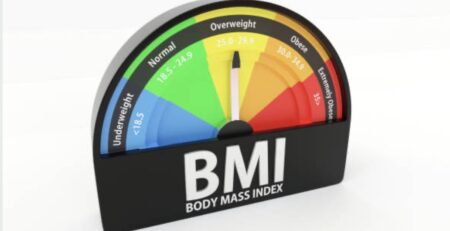The Impact of Healthy Eating on Mood Regulation and Depression: A Scientific Perspective
Introduction: In recent years, there has been growing recognition of the intricate relationship between diet and mental health. Emerging research suggests that the foods we consume play a crucial role in regulating mood and may even influence the development and progression of depression. In this article, we delve into the scientific evidence supporting the importance of healthy eating for mood regulation and depression management.
Nutrient Deficiencies and Mood Disorders: Numerous studies have linked nutrient deficiencies to mood disorders such as depression. Essential nutrients, including omega-3 fatty acids, vitamins B6, B12, and folate, as well as minerals like zinc and magnesium, are vital for neurotransmitter synthesis and brain function. Inadequate intake of these nutrients has been associated with increased risk of depression and other mood disorders.
Gut-Brain Axis and Mood: The gut-brain axis, a bidirectional communication system between the gut and the brain, plays a significant role in regulating mood and emotional well-being. Emerging evidence suggests that the composition of the gut microbiota, influenced by dietary factors, can impact neurotransmitter production and inflammatory pathways implicated in depression. A diet rich in fiber, prebiotics, and probiotics supports a healthy gut microbiome and may help alleviate symptoms of depression.
Anti-Inflammatory Effects of Healthy Eating: Chronic inflammation has been implicated in the pathophysiology of depression, with elevated levels of pro-inflammatory cytokines observed in individuals with depressive symptoms. Conversely, a diet high in antioxidants, phytonutrients, and omega-3 fatty acids exerts anti-inflammatory effects and may mitigate inflammation-associated mood disturbances. Foods such as fruits, vegetables, fatty fish, nuts, and seeds are rich in these anti-inflammatory compounds and should be prioritized in a depression-fighting diet.
Role of Macronutrient Balance: The balance of macronutrients in the diet, particularly the ratio of carbohydrates to proteins and fats, can impact mood regulation and energy levels. Consumption of high-glycemic index foods, which cause rapid spikes and crashes in blood sugar levels, has been linked to increased risk of depression and mood instability. Conversely, a diet rich in complex carbohydrates, lean proteins, and healthy fats provides sustained energy and promotes stable mood throughout the day.
Conclusion: In conclusion, the evidence supporting the importance of healthy eating for mood regulation and depression management is compelling. By prioritizing nutrient-rich foods, supporting gut health, reducing inflammation, and maintaining a balanced macronutrient intake, individuals can optimize their mental well-being and mitigate the risk of depression.


















